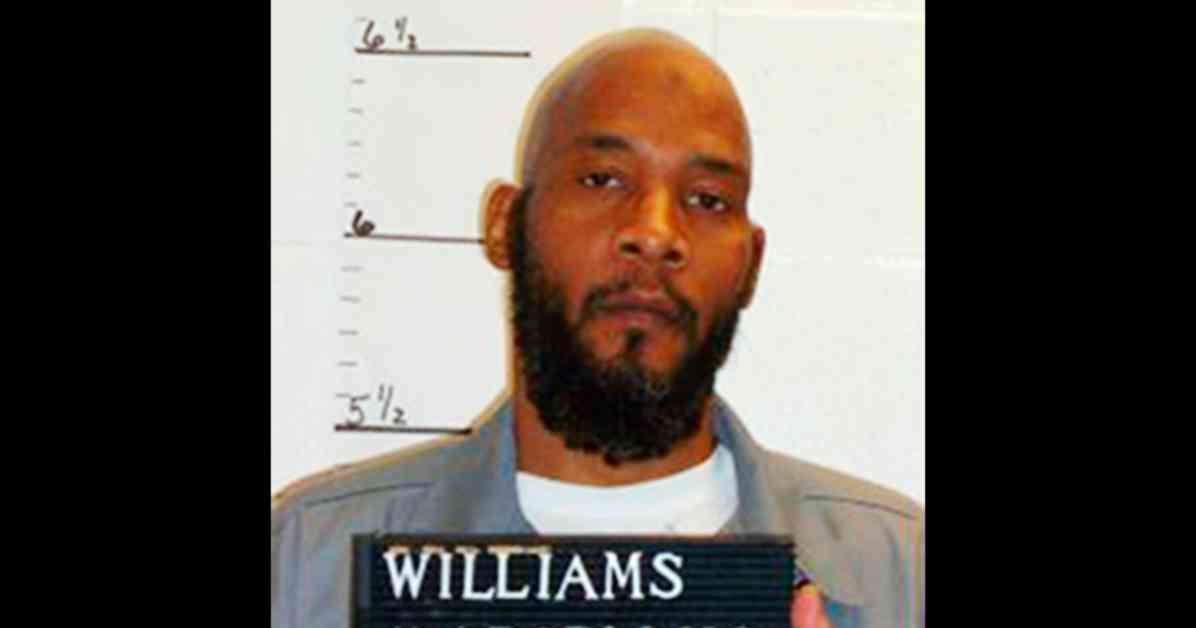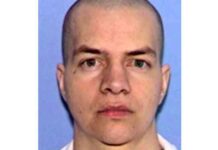Marcellus Williams is scheduled to be executed on Tuesday after the Missouri Supreme Court and Governor rejected pleas to halt the process. The attorney for Williams argued that the state Supreme Court should stop the lethal injection due to a trial attorney preventing a Black man from serving on the jury, but the court dismissed the argument.
Williams, who is 55, is set to be executed for the 1998 stabbing death of Lisha Gayle. Despite maintaining his innocence, Williams’ attorney focused on procedural errors in jury selection and the mishandling of the murder weapon rather than his innocence claim before the state’s highest court.
The attorney urged the court to correct the injustice in the case, either by declaring that a prosecutor wrongly excluded a potential juror for racial reasons or by sending the case back to a lower court for further investigation. The state Attorney General’s office has pushed for the execution to proceed, claiming that there is no credible evidence of Williams’ innocence.
Williams had requested clemency from Governor Mike Parson, but the Governor stated that the execution would proceed following the state Supreme Court’s ruling. Parson emphasized that Williams had exhausted all legal avenues and that his guilty verdict and sentence had been upheld. The NAACP and other advocates have called for the execution to be stopped, citing concerns about the integrity of the criminal justice system.
Williams’ case had previously been halted in 2015 and 2017 for further DNA testing, which did not find Williams’ DNA on the murder weapon. Recent DNA testing challenges were spoiled due to improper handling by the prosecutor’s office. Despite attempts to reach a compromise for a new sentence, the Missouri Supreme Court ordered an evidentiary hearing, which confirmed Williams’ conviction and death sentence.
The prosecutor in Williams’ case testified that the trial jury was fair and denied any racial motivations in jury selection. However, new revelations about his practices have raised doubts about the integrity of the conviction. The state Supreme Court reaffirmed its previous ruling, stating that Williams’ attorney’s arguments lacked merit.
Prosecutors at Williams’ trial presented evidence linking him to the crime, including testimony from a cellmate who claimed Williams confessed to the killing. Williams’ attorneys disputed this evidence, pointing to the credibility of the witnesses.
As the scheduled execution date approaches, questions about Williams’ guilt and the handling of his case persist. Advocates continue to call for a fair review of the evidence and a halt to the irreversible punishment of execution in cases where doubt lingers. Williams’ fate now rests on legal proceedings and further appeals as the state prepares for the execution.























